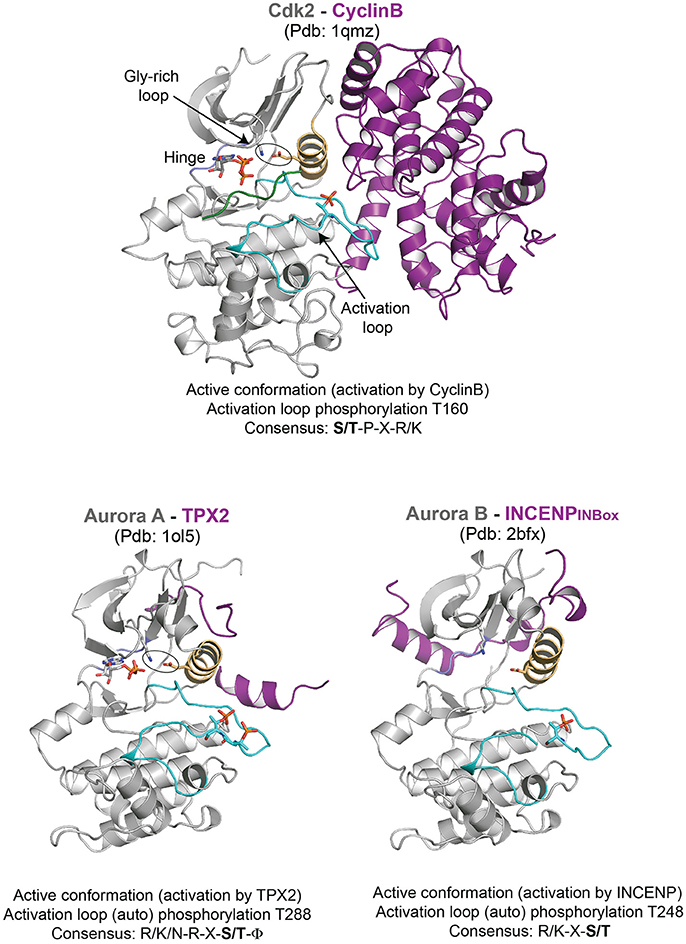activated protein kinase signaling in plants under abiotic Biology Diagrams Protein kinases are major regulators of mitosis, with over 30% of the mitotic proteome phosphorylated on serines, threonines and tyrosines. The human genome encodes for 518 kinases that have a structurally conserved catalytic domain and includes about a dozen of cell division specific ones. The coordinated activities of many protein kinases, acting on multiple protein substrates, ensures the error-free progression through mitosis of eukaryotic cells. Enormous research effort has thus been devoted to studying the roles and regulation of these mitotic kinases, and to the identification of their physiological substrates.

Considering that CDK1 has hundreds of substrates and that several other protein kinases, such as Aurora A and B, Polo, Wee1 and Myt1 are involved in entry into mitosis and mitotic progression, several different protein phosphatases are probably involved in the reversal or regulation of these processes (Table 1).

Mitotic kinase anchoring proteins: the navigators of cell division Biology Diagrams
A number of protein kinases and checkpoint phosphoproteins are required for the function of the spindle assembly checkpoint. This review discusses the recent progress in understanding the role of protein kinases of the mitotic checkpoint complex in the surveillance pathway of the checkpoint. Background: The mitotic DNA integrity checkpoint signaling pathway is potentially involved in cancers that regulate genomic stability where protein kinases play a pivotal role. 16 total protein kinase genes are involved in this pathway: ATM, BRSK1, CDK1, CDK2, CHEK1, CHEK2, MAP3K20, NEK11, PLK1, PLK2, PLK3, PRKDC, STK33, TAOK1, TAOK2, and TAOK3. This study aims to provide pan-cancer profiles Mitotic kinases are major regulators of protein function, but equally important are protein phosphatases that balance their actions, their coordinated activity being essential for accurate chromosome segregation. 2007. Structural basis for regulation of protein phosphatase 1 by inhibitor-2. J. Biol. Chem. 282:28874-28883. 10.1074/jbc

Finally, to further investigate the temporal dynamics of phosphorylation regulation during cell cycle progression, we predicted the specific protein kinases responsible for CCD phosphorylation events. In this review, we discuss the emerging roles of PPPs in mitosis and their regulation of and by mitotic kinases, as well as mechanisms that determine PPP substrate recognition and specificity. Keywords: phosphatases, kinases The relative activities of major mitotic protein kinases including Cdk1, AURKA, AURKB, and Plk1, indicated in blue Cyclin Dependent Kinases (CDKs) are closely connected to the regulation of cell cycle progression, having been first identified as the kinases able to drive cell division. In reality, the human

dependent protein kinases and cell cycle regulation in biology ... Biology Diagrams
Protein kinases are major regulators of mitosis, with over 30% of the mitotic proteome phosphorylated on serines, threonines and tyrosines. of kinases thus far have provided key insights into the similarities and differences in the modes of activation and regulation of many mitotic kinases. Although kinases possess a broadly conserved
